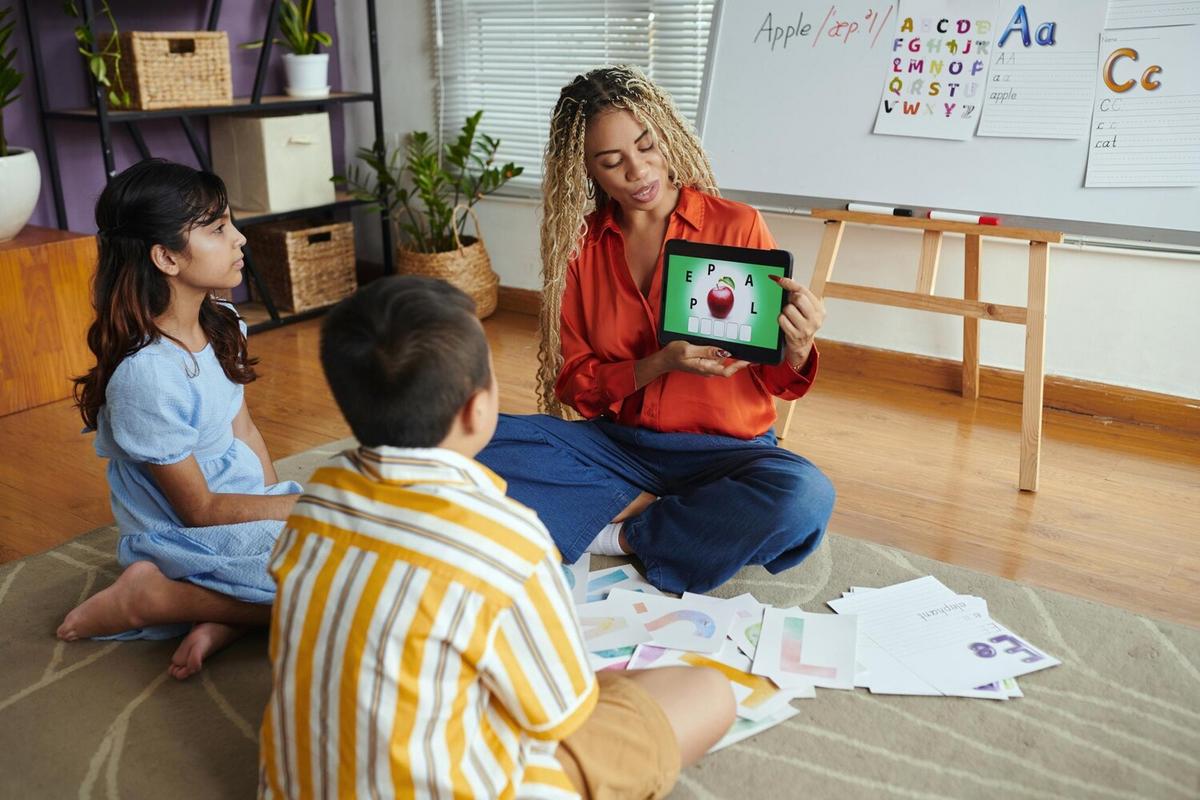Unlocking a child’s potential through early learning techniques can lay the foundation for lifelong success. Understanding how young minds absorb information gives us a chance to nurture their growth effectively.
Early childhood development is a critical phase where the right learning techniques can make a significant difference. Research from the UNICEF indicates that early education boosts a child’s social, cognitive, and emotional development. Let’s explore how these techniques can be applied to benefit child development.
Understanding the Basics of Early Learning
Early learning is more than just ABCs and 123s. It encompasses a holistic approach that involves emotional, social, and physical development. According to Dr. Emily Vargas, a child psychologist, “Incorporating play and interaction in early education encourages better cognitive development.”
Benefits of Early Learning Techniques
Implementing early learning strategies offers numerous advantages:
- Cognitive Growth: Engaging activities like puzzles and games enhance problem-solving skills.
- Social Skills: Group activities foster communication and teamwork.
- Emotional Development: Storytelling aids in understanding emotions.
Research and Statistics
Studies have shown that children who engage in early learning programs are 20% more likely to excel in reading and math. The National Academies Press reports that these children often demonstrate improved attention spans and greater self-esteem.
Personal Anecdotes and Examples
Consider the story of Mark, a preschooler who struggled with shyness. Through interactive play and group activities, he developed confidence and became more socially engaged. His teacher noticed a remarkable improvement in his ability to express himself and interact with peers.
Actionable Tips for Parents and Educators
- Incorporate Play: Use educational toys that stimulate creativity.
- Read Regularly: Establish a reading routine to enhance vocabulary.
- Encourage Exploration: Allow children to explore their environment safely.
- Promote Interaction: Engage children in group activities to build social skills.
Comparing Early Learning Techniques
| Technique | Focus Area | Benefit |
|---|---|---|
| Play-Based Learning | Social & Emotional | Enhances creativity and interaction |
| Structured Learning | Cognitive | Improves concentration and discipline |
| Montessori Method | Independence | Encourages self-directed learning |
| Reggio Emilia | Community | Promotes collaboration |
| Waldorf Education | Imagination | Nurtures artistic expression |
| HighScope | Active Learning | Fosters decision-making skills |
| Bank Street | Whole Child | Supports holistic development |
| Forest Schools | Outdoor Exploration | Boosts physical health |
Frequently Asked Questions
What age is best to start early learning?
Children as young as three years old can benefit from early learning activities.
How can I support my child’s learning at home?
Incorporate educational games and reading into daily routines.
Are early learning techniques expensive?
Not necessarily. Many activities can be done with minimal resources, such as storytelling and outdoor play.
Conclusion
Early learning techniques are vital in shaping a child’s development, offering numerous benefits that extend into adulthood. By incorporating these strategies, parents and educators can foster a supportive and enriching environment. Encourage exploration and creativity in your child’s learning journey, and watch them thrive.

Leave a Reply